Previous
Apple, Amazon, Google: your home in 5 years


Your dream house is one step away from you.
Subscribe to our newsletter and get 10% off orders of at least £100,00!
Enjoy it and don’t miss out on our offers and updates.


As I continue to dream of a self-cleaning t-shirt - having dropped yogurt on it (yet again) during the mid-morning break - the official news arrives: astronauts’ suits will no longer be the only technological clothing around. This is the advent of the data-dress, garments that exploit feedback from their wearers.
Using apps and cutting-edge materials, the garments can collect the measurements - or rather, data - of the person wearing them in order to create a product that’s more than personalised: it’s practically custom-made.
For the moment, though, there’s no solution for those little everyday problems - if it starts to rain, your suede jacket won’t magically become waterproof: you should have checked the weather forecast before leaving home.
Acquired last year by H&M, Ivyrevel is the world’s first digital fashion house, and it’s about to launch its collaboration with Google.

It’s called Coded Couture and it’s the first garment collection to be created directly from the smartphones of individual customers, thanks to feedback from an app. The app will use Google technology to memorise the wearer’s everyday routine, turning data that previously you could only share with your Runtastic buddies into patterns to embellish your garment. Zero privacy.
You can choose the occasion you want the outfit for, thus adapting its style: do you need a suit for an interview, a dress for Federica’s party or something special for a night at the theatre? Wherever you want to go, let your clothes speak for you.
When you’ve finished designing your digital dress, you can buy it through the same app, which for the moment is in the beta phase, being tested by selected style influencers.
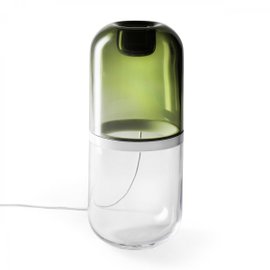
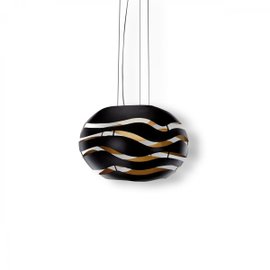
Last summer the internet giant launched updates to the Awareness API which allows apps to capture data on where you are, what you’re doing and what’s in the vicinity, to improve interaction with your circumstances.
In the case of the collaboration with Iverevel, Google anticipates that these updates will also lead to data-driven colours, materials and garment details such as cuffs and belts.
Back in September 2016 Google dipped its toes in the waters of fashion with the launch of Shop the Look, which draws on similar, already-established online fashion programmes such as LIKEtoKNOW.it.
When you see an outfit that looks perfect for your best friend’s wedding, all you need to do is click on the image, and Google will open a gallery showing each item, with links to Shopping Ads so you can buy them online.
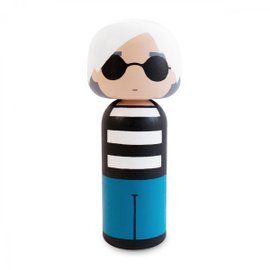
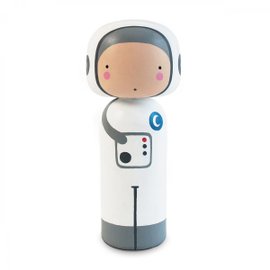
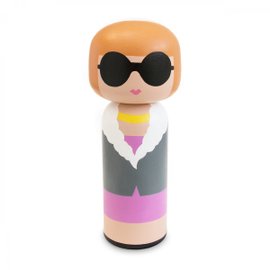
Another type of technology is used by CuteCircuit, a firm specialising in fashion tech, which early this year presented a dress fitted with LED lights on panels of graphene, a material so innovative it won a Nobel Prize in 2010.
The lights change colour according to the breathing pattern of the wearer: orange and green indicate light breathing, blue and purple if it’s heavier.

As resistant as diamonds and as flexible as plastic, graphene has never before been used in fashion. But Francesca Rosella, co-founder of CuteCircuit - which started in 2004 in Shoreditch, London - has been experimenting with incorporating cutting-edge technology into high fashion since 1998. Following Valentino’s refusal to build lights into garments, an encounter with Ryan Genz turned the idea into flesh and blood - or rather, fabric and tech.
While slogan t-shirts are back on the catwalks, Ivyrevel and Cute Circuit are ready to take communication in fashion to a whole new level. An as-yet unwritten chapter in bespoke clothing is coming, in which fashion house and end client are sitting round the same table. It’s just that this time, the table is digital.
Lighting
Design House Stockholm
B.lux
Werner Aisslinger
Gifts
Lucie Kaas
Home Accessories
Becky Kemp
Home Accessories

 Back to
Back to
Size*
Quantity*




